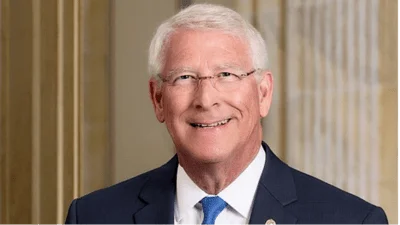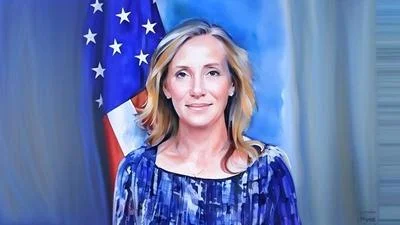The Congressional Record is a unique source of public documentation. It started in 1873, documenting nearly all the major and minor policies being discussed and debated.
“DEFICIT REDUCTION ACT OF 2005” mentioning the U.S. Dept of Agriculture was published in the Extensions of Remarks section on pages E2412-E2413 on Nov. 18, 2005.
The publication is reproduced in full below:
DEFICIT REDUCTION ACT OF 2005
______
speech of
HON. ELIJAH E. CUMMINGS
of maryland
in the house of representatives
Thursday, November 17, 2005
Mr. CUMMINGS. Mr. Speaker, I rise in opposition to the Budget Reconciliation Bill, H.R. 4241, reported on a partisan basis by the House Committee on the Budget.
My colleagues have already highlighted many of the harsh cuts that would be made in this bill. These include, but are not limited to, cuts in Medicaid spending of nearly $12 billion, cuts in the student loan program of more than $14 billion, $840 million in cuts in the food stamp programs, $4.9 billion in cuts to the State child support enforcement programs, $577 million in cuts to the foster care program and $470 million in cuts to the Federal housing rehab program.
Let's be very clear on this point. These cuts will do nothing to reduce our growing deficit and, despite what many Republicans have tried to claim, they will not offset the costs we will rightly incur to recover from the catastrophic devastation of Hurricanes Katrina and Rita.
In fact, while cutting almost $50 billion in much needed social programs for the most needy, the bill ``reconciles'' another $70 billion in tax cuts for the absolute least needy--adding another $16-20 billion to the Federal deficit. So I ask, what sense does this heartless bill make?
While I am glad the manager's amendment tries to soften the blow to the vulnerable by making sure that children who currently receive school lunches will not be cut off, as well as by making other small vote garnering changes to the Medicaid and food stamp programs, these are small pluses that do very little to outweigh the many minuses of this bill.
Mr. Speaker, to achieve this deficit increase, the budget reconciliation bill before us today would cut precisely those programs that help the poor, the sick, the weak, and the young so that the wealthiest among us can receive additional tax cuts.
Let me review for a moment what the tax cuts already enacted have done to our Nation.
According to the Urban Institute-Brookings Institution Tax Policy Center, as a result of the tax cuts implemented by the administration and by the Republican leadership in Congress to date, households with incomes exceeding $1 million can expect to receive tax cuts this year that will average $103,000.
According to the Center on Budget and Policy Priorities, after adjusting for inflation, the after-tax income of the 1 percent of tax filers with the highest incomes rose by nearly $49,000 in 2003 while the lowest 75 percent of tax filers saw their incomes decrease in 2002.
Not surprisingly, as income disparity has grown, the poverty rate in this Nation has increased from 11.7 percent in 2001 to 12.7 percent in 2004, and there are now more than 37 million Americans living in poverty in this Nation, including 13 million children.
Further, according to the U.S. Department of Agriculture, last year there were more than 38 million individuals living in households that at some point during the year were food ``insecure,'' meaning that they were unable to afford to buy enough food to feed themselves.
On September 16, President Bush traveled to New Orleans to announce a bold and ambitious plan to rebuild the gulf coast region following the hurricanes. During his speech, the President acknowledged that poverty and indifference had left so many of our fellow Americans vulnerable to the hurricanes in the gulf region.
Unfortunately, the budget reconciliation bill before us illustrates in the starkest possible terms that as the storm and its revelations about our society begin to fade from the front pages to the back pages, the Republican leadership of this House has chosen to repudiate the President's commitment to address poverty.
Rather than embrace the President's call for action, the Republican leaders of this House have put forward a bill that will continue policies of neglect and indifference in service to what they see as the greater good: continued tax cuts for the wealthiest in this Nation.
The budget reconciliation act before us presents a stark choice for all Members of the House of Representatives--between supporting tax cuts for the wealthiest among us or opposing reductions in our already thin social safety net.
I urge my colleagues to make the moral choice today. Budgets reflect the moral compass of a nation. This budget reconciliation package is devoid of humanity and compassion and would take our Nation far off course of helping its neediest citizens. I urge my colleagues to stand with the children, the elderly, and the vulnerable of our Nation by voting against this reconciliation act.
If its passage occurs, I implore the conferees to be compassionate and fair and to restore and maintain the social safety net for our neediest citizens.
____________________








